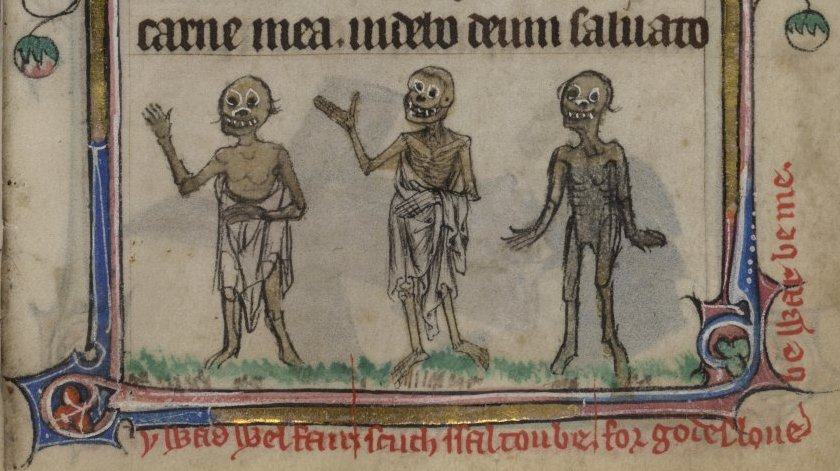

In choice C, the main subject "medieval monks" becomes non essential. Through their manuscript illuminations, with which they meticulously embellished elaborate calligraphy, medieval monks, communicated their interpretive understanding of the texts they illustrated. , communicated their interpretive understanding of the texts they illustrated. This means comma is not part of "Sentence Correction" and the sentence reads as There is a comma after "elaborate calligraphy" and that comma is missing in all of the answer choices. If OA is C, then as per my understanding OA is incorrect because of placement of comma. Medieval monks, through their manuscript illuminations, meticulously embellishing the elaborate calligraphy, communicated their interpretive understanding of the texts they illustrated.Ī)Medieval monks, through their manuscript illuminations, meticulously embellishing the elaborate calligraphyī)Through their manuscript illuminations, meticulously embellishing the elaborate calligraphy, medieval monksĬ)Through their manuscript illuminations, with which they meticulously embellished elaborate calligraphy, medieval monksĭ) Meticulously embellishing the elaborate calligraphy, medieval monks, through their manuscript illuminationsĮ)Medieval monks, through their manuscript illuminations, meticulously embellished them and The final choice may be C with a pinch of salt. In D, The verb is far removed from the subject monks and hence is inferior to the more dynamic C although it is hard to explain whether such a hair - split is substantive enough to reject a choice. So both cannot be tensed the core function ‘communicated’ has to be tensed and the ‘embellishing’ has to be participled. In addition, ‘embellished’ and ‘communicated’ are not two separate, equal functions.

Hence, they are out of the reckoning In E, we have no clear referent for the pronoun ‘them’. In A, and B, there is no clause with an authentic verb for the modifier to modify. If there is no clause before the modifier and if there is only a phrase, then it may not modify the phrase. However, if the verb+ing modifier is placed in the middle of a sentence, it can modify only a previous clause. The point here is that when a present participial modifier( verb+ing) starts a sentence, it modifies the following subject by virtue of its being an adjectival modifier.


 0 kommentar(er)
0 kommentar(er)
